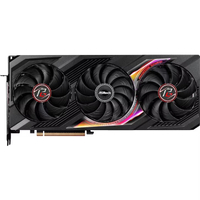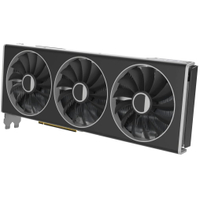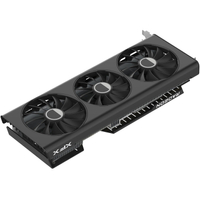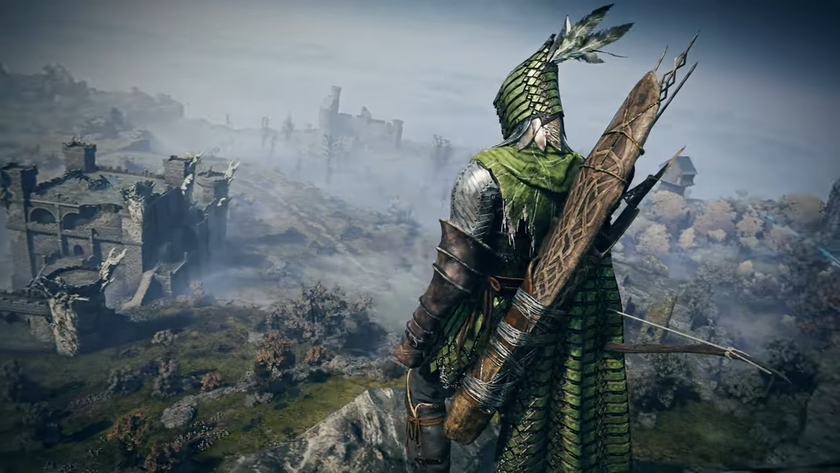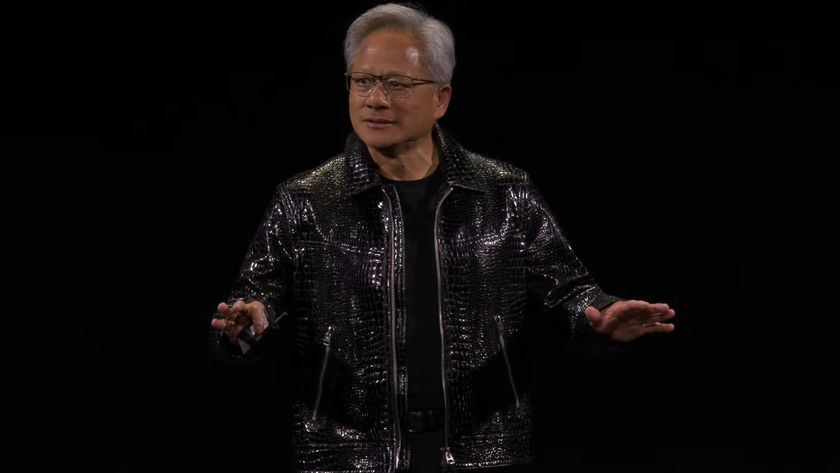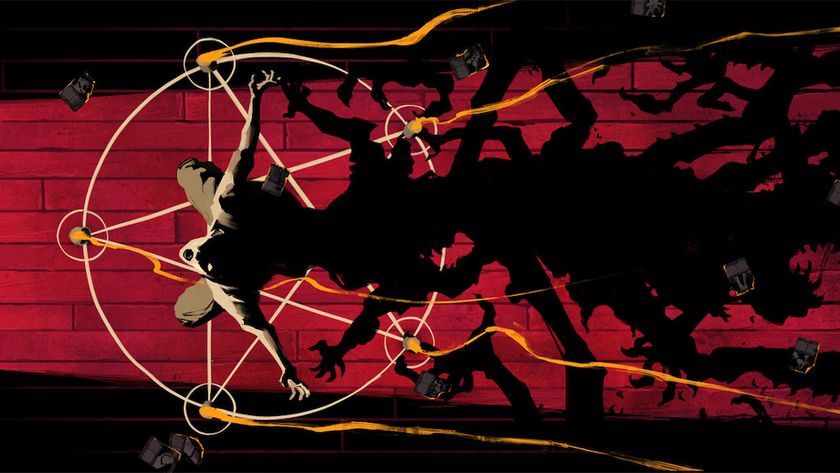Save up to £249 on one of AMD's best RDNA 3 GPUs, thanks to these Prime Day graphics card deals
Whether you game at 1080p, 1440p, or 4K, there's a GPU just for you.
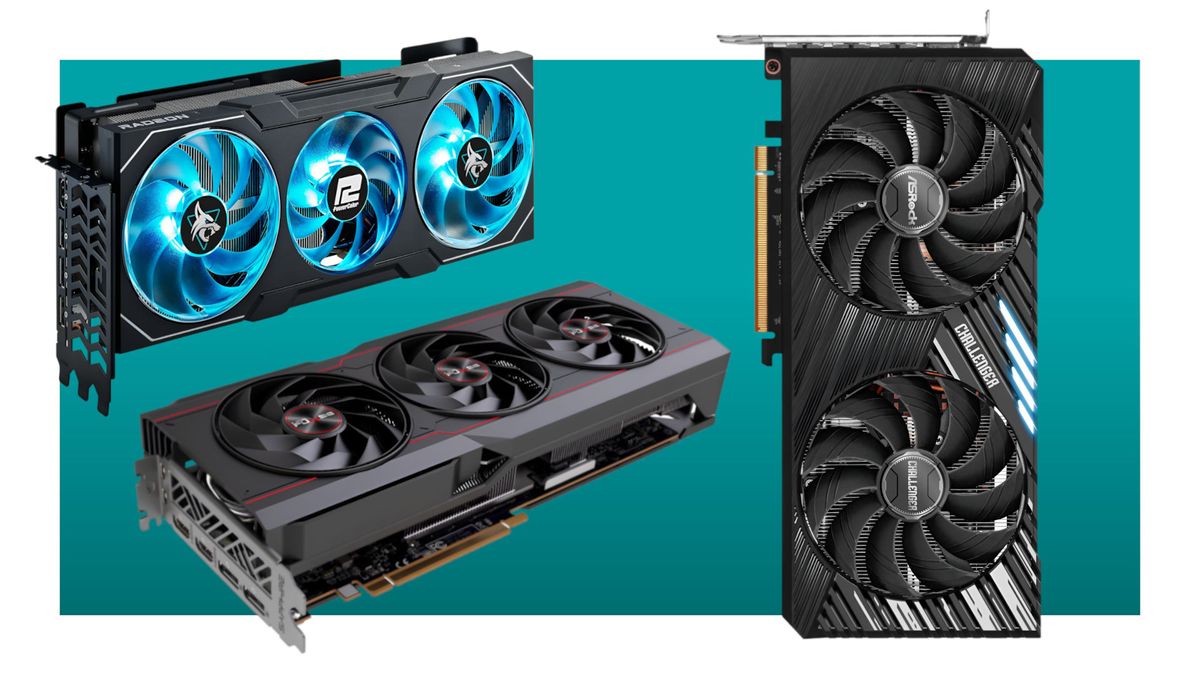
October Prime Day (or as Mr Bezos prefers to call it, Prime Big Deal Days) is upon us and the discounts have started already. Well, apart from graphics cards, as their prices seem to have barely changed for most models.
The main exceptions to this are AMD's RDNA 3 GPUs and specific versions are sporting a very welcome price drop. The Radeon RX 7900 XTX, RX 7900 XT, and 7800 XT have had as much as £249 snipped off, making them all a very tasty purchase. I don't think they'll come down any more over the course of this week but you never know!
Quick links
- ASRock RX 7900 XTX - £750 @ Overclockers
- XFX RX 7900 XT - £619 @ Amazon
- XFX RX 7800 XT - £420 @ Amazon
Radeon RX 7900 XTX
ASRock RX 7900 XTX | 24 GB GDDR6 | 6,144 shaders | 2,615MHz boost | £998.99 £749.99 at Overclockers (save £249)
AMD's mighty RX 7900 XTX is now easy to find well under its original MSRP and it's a seriously powerful graphics card. While it's not as potent in ray tracing and AI/machine learning as Nvidia's equivalent cards, it handles standard rendering extremely well and you're getting more VRAM than you could ever want.
RX 7900 XTX price check: Ebuyer £799.98 | Amazon £869.99 | Scan £899.99
The Radeon RX 7900 XTX is AMD's flagship graphics card and it's a seriously powerful thing—in games where ray tracing isn't heavily used, it's as good as anything that Nvidia has to offer and only the painfully expensive RTX 4090 is always faster.
Underneath the huge cooler, you've got a chiplet-based GPU with the main slab of silicon housing all of the shaders. It's surrounded by six tiny chips, comprising slices of L3 cache and a memory interface.
All of the relevant numbers are more than big enough: 6,144 shaders, 2,525 MHz boost clock, and 24 GB of fast GDDR6 VRAM. Those first two aspects combine to offer up to 61 TFLOPS of processing power so it's more than just a gaming GPU with that kind of number-crunching ability.
It's not a perfect GPU, though. As mentioned above, AMD's RDNA 3 design trails Nvidia's best chips when it comes to ray tracing, and by some margin. Its upscaling and frame generation technology (FidelityFX Super Resolution, FSR 3.1) is really good but not quite as good as DLSS.
The RX 7900 XTX is also power thirsty with a TDP of 355 W and it regularly hits that limit in gaming. But at £750, it's not only massively cheaper than the £999 launch MSRP but a good deal lower than the RTX 4080 Super which is generally around the £990 mark.
In fact, it's almost bordering on RTX 4070 Ti Super territory, which makes this deal very tempting. Before you make the plunge, though, there are two more cards to consider...
Radeon RX 7900 XT
XFX RX 7900 XT | 20 GB GDDR6 | 5,376 shaders | 2,535 MHz boost | £619.31 at Amazon
Seeing a bunch of RX 7900 XTs selling for well less than the original MSRP is a welcome sight, and while they might get overshadowed by some of Nvidia's greatest, they deliver a huge amount of performance. What we like about the XFX with its triple-fan array in particular is that it should run quieter than your average RX 7900 XT. We all could do with a little less noise from our PC.
RX 7900 XT price check: Overclockers £629.99 | Ebuyer £619.98 | Scan £659.99
Coming in around £120 cheaper than the RX 7900 XTX, is its nearest sibling, the RX 7900 XT. Losing 576 shaders, 4 GB of VRAM, and a little bit of clock speed, the cut-down GPU is no slouch.
Collating the 1440p gaming results from our reviews, you can see that the 7900 XT is just as good as the 7900 XTX. In some cases, it seems to be even better but that's down to early drivers for the RDNA 3 architecture being a bit on the rubbish side (it's all a lot better now). If 1440p is your preferred gaming resolution, then the 7900 XT is clearly the better choice, as you're saving a whole chunk of cash for very similar performance.
It's only when you move to 4K gaming that the XTX variant becomes relevant and if you're looking to step into the world of ultra-high resolution, then it's worth seeing what 4K monitor deals are doing the rounds in the Prime Day sales event.
Radeon RX 7800 XT
XFX RX 7800 XT | 16 GB GDDR6 | 3,840 shaders | 2,565 MHz boost | £592.48 £420.01 at Amazon (save £172.47)
The best card at this price point used to be the 6800 XT but now we're starting to see deals like this one, where the newer 7800 XT has the same price tag or lower. It's only a little bit faster than the card it's replaced but you're still getting a lotta GPU for the money.
RX 7800 XT Price check: Overclockers £449.99 | Scan £467.99 | Ebuyer £429.99
Last but by no means least, it's the RX 7800 XT. Like the above two, it's a chiplet GPU but only has four MCDs (Memory Cache Dies) and 16 GB of VRAM. On paper, it seems like it's worse than its predecessor, the RX 6800 XT, as it has 768 fewer shaders but thanks to the RDNA 3 architecture, it's generally faster.
You can see that it's slower than the RX 7900 XT but at just £420, it's really good value for money. Taking the 1440p performance results for Far Cry 6, the RX 7900 XTX gets 0.18 fps per pound, the RX 7900 XT gets 0.21 fps per pound, and the RX 7800 XT pulls an impressive 0.28 fps per pound.
This doesn't mean the 7800 XT is the best card of the three, the figure just tells you that you're getting the biggest bang for your buck at 1440p in this particular game.
I only play at 4K these days, so my money would go on the 7900 XTX but if I was gaming at 1440p or 1080p, the smart choice is the 7800 XT. It's relatively light on power too (263 W TDP compared to the 7900 XT's 315 W) so your gaming den won't get blasted with heat.
Three great GPUs, three great deals. Nice to have some decent graphics cards at semi-sensible prices, at long last.
The biggest gaming news, reviews and hardware deals
Keep up to date with the most important stories and the best deals, as picked by the PC Gamer team.

Nick, gaming, and computers all first met in 1981, with the love affair starting on a Sinclair ZX81 in kit form and a book on ZX Basic. He ended up becoming a physics and IT teacher, but by the late 1990s decided it was time to cut his teeth writing for a long defunct UK tech site. He went on to do the same at Madonion, helping to write the help files for 3DMark and PCMark. After a short stint working at Beyond3D.com, Nick joined Futuremark (MadOnion rebranded) full-time, as editor-in-chief for its gaming and hardware section, YouGamers. After the site shutdown, he became an engineering and computing lecturer for many years, but missed the writing bug. Cue four years at TechSpot.com and over 100 long articles on anything and everything. He freely admits to being far too obsessed with GPUs and open world grindy RPGs, but who isn't these days?
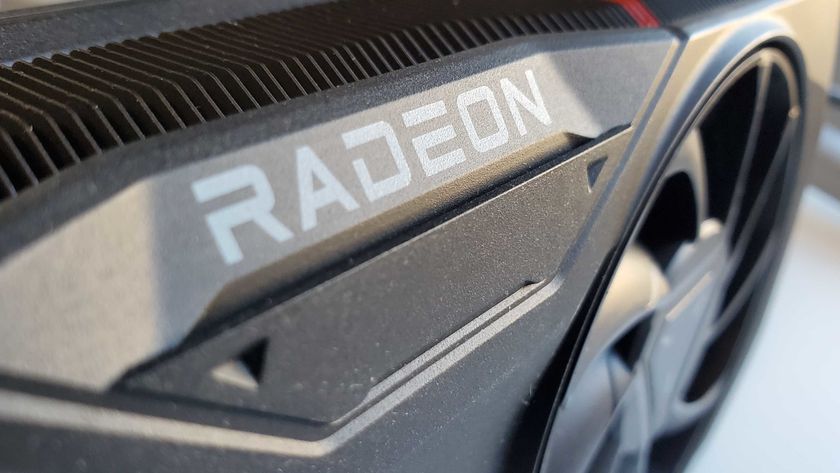
The first Radeon was superior to Nvidia's GeForce2 in almost every way but it set the tone for how AMD would fair against the jolly green giant for the next 25 years
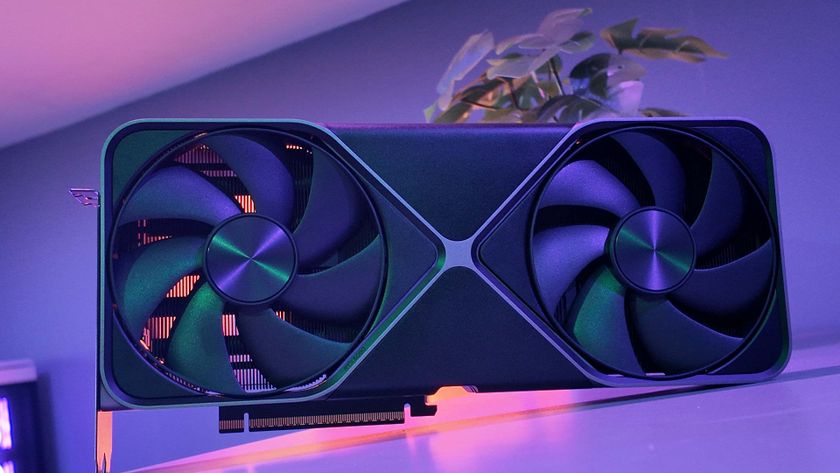
The first Nvidia RTX 50-series GPU makes an appearance in the Steam hardware survey and it's the RTX 5080 that has the honour
